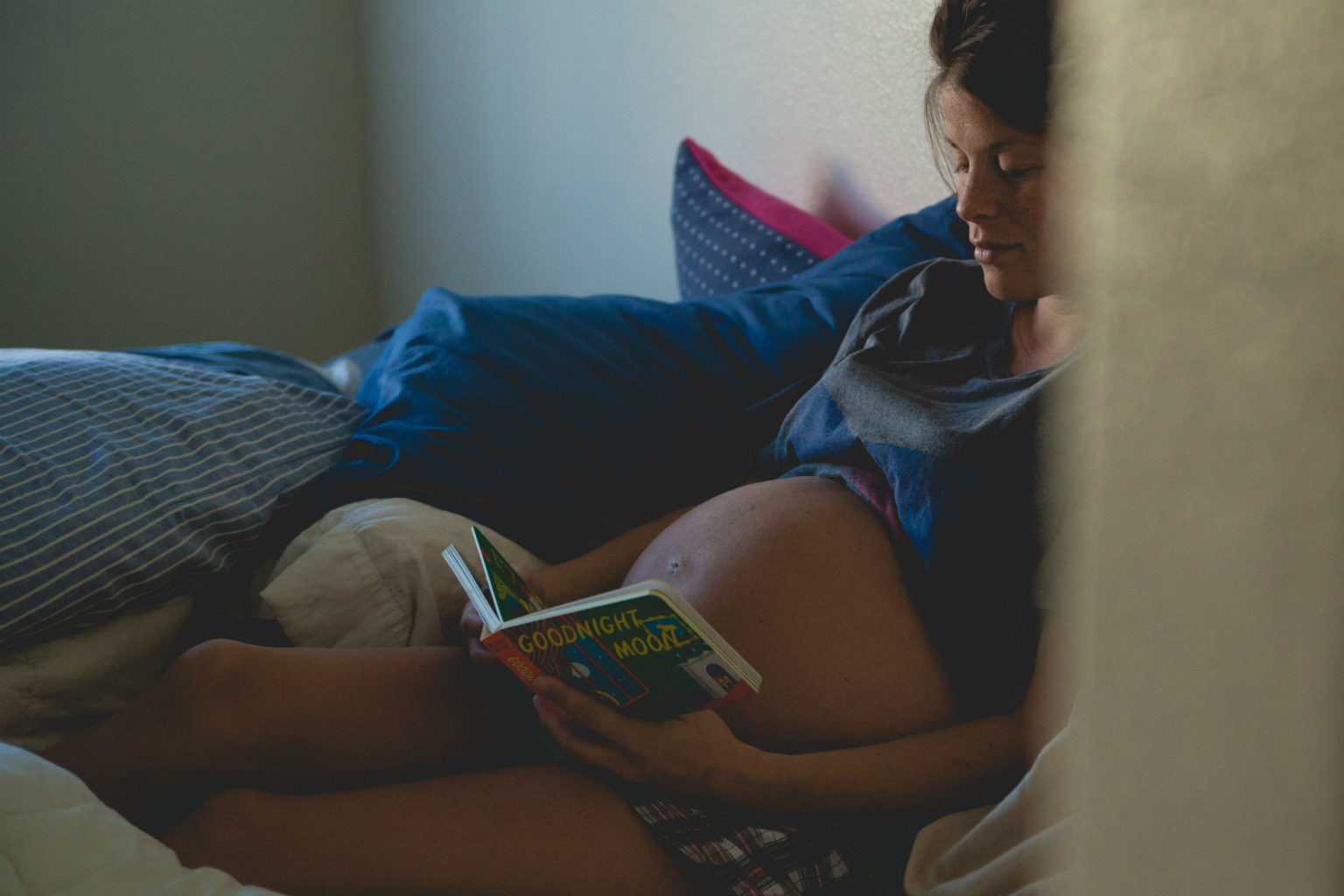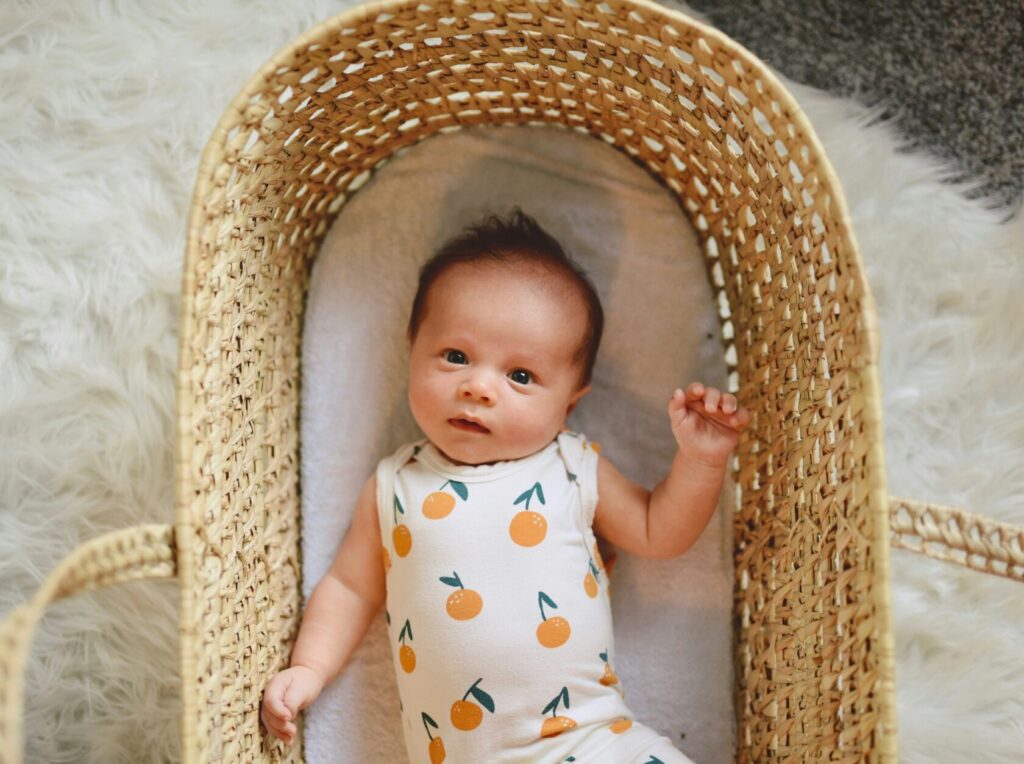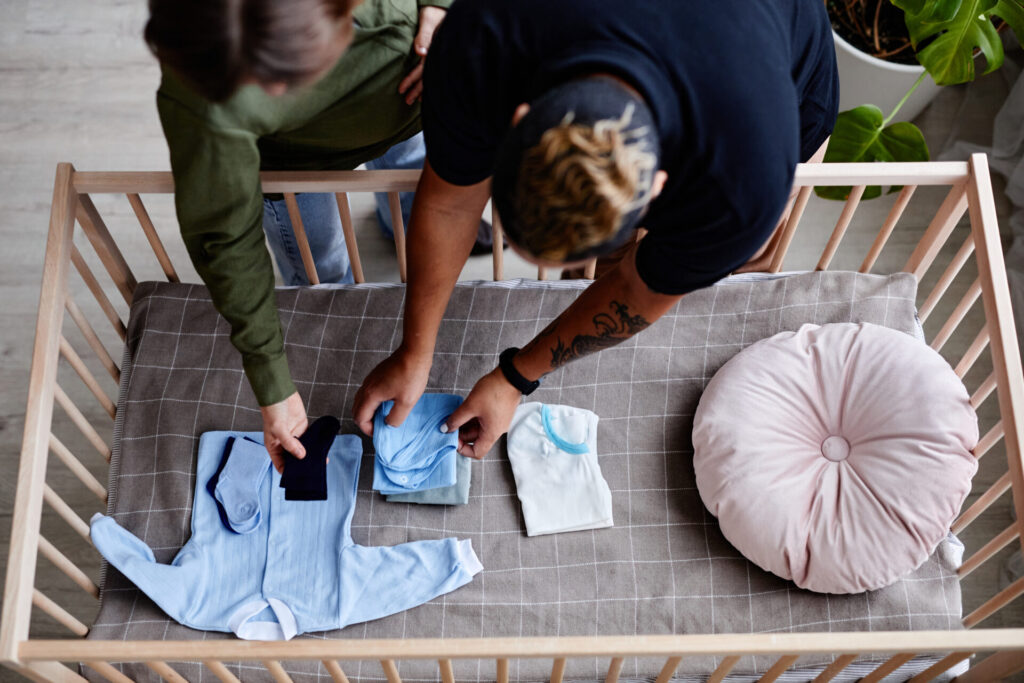When it comes to pregnancy, there are no stupid questions. Here, our expert addresses some of your concerns.
Is it safe to paint my house while pregnant? I’m concerned that the chemicals in the paint will harm my baby.
A: This is a common question because people often want to paint Baby’s room, but unfortunately we don’t have any scientific studies to tell us if there is a level of paint exposure that is unsafe. My best advice is to get someone else to do the painting. Failing that, if you must paint, make sure the area is well ventilated and try to limit the amount of time you are exposed to the fumes.
Sometimes I don’t feel my baby kicking. Should I be worried?
A: If you are over 26 weeks and you haven’t noticed your baby move, sometimes it’s just because you’ve been busy. Have a rest, a snack, something to drink (not alcohol) and pay attention to Baby. Your baby should move six times in two hours. If it doesn’t, contact your care provider, and if they are unavailable, go to the hospital to get checked out. You don’t need to count all the time – just if you notice a difference in Baby’s movements. If you have a dramatic decrease in movements, you should call your care provider.
I hear postpartum depression is pretty common. Is this true?
A: With the fatigue of having a newborn, many women find that their emotions are out of whack. Mood swings and crying spells can be common, but only last for short periods. It's called the baby blues. Postpartum depression occurs in nine to 16 percent of women and involves feeling down for longer periods of time. The symptoms can be much more severe. This depressed mood can affect how you manage the day-to-day activities in your life and how you care for your baby. In extreme cases, some women feel like ending their lives or hurting their babies. Anyone can suffer from postpartum depression, but risk factors that make it more likely are having a history of depression, having previous postpartum depression, having a weak support system, having other life stresses, and the pregnancy being unwanted or unplanned. If your mood swings last more than the first few weeks, if you feel you are getting worse, if you can’t manage with day-to-day activities or if you feel like you might harm yourself or your baby, please seek medical help. There is plenty of support out there for women suffering from postpartum depression, but you need to ask for help.
Can I take drugs for my headaches and colds? Which ones are safe?
A: It’s almost impossible to get though pregnancy without getting the occasional cold or headache. Luckily you don’t have to suffer; there are safe medications you can take in pregnancy. Acetaminophen (Tylenol) is totally safe. You can even take the extra strength kind. Just remember to check the label and don’t take more than the maximum dose on the bottle. For colds, try saline nasal sprays, antihistamines (Claritin, Reactine), cough candies and plenty of sleep. Don’t forget to keep well hydrated. Rest is very important and Mom’s chicken soup can do wonders. Sometimes you can get a sinus infection, so if you get a fever, green stuff coming out of your nose or your face hurts, you should see your family doctor in case you need some antibiotics (of which there are many safe ones you can take in pregnancy).
I heard I can’t dye my hair when I am pregnant, is this true?
A: It is true there are toxic chemicals in hair dye, but very little seems to be absorbed into your body. If you want to avoid the chemicals completely, try dying your hair with vegetable dyes instead. Another option is to avoid hair dying in the first trimester when baby’s organs are forming. You can also choose to just get your hair frosted or highlighted, which avoids putting chemicals directly on the the scalp (which is where absorption occurs). Have your hair done in a well-ventilated area. Overall there seems to be little risk to the baby if you dye your hair three to four times during your pregnancy.
When contractions start, should I go to the hospital immediately?
A: If you are a low-risk, first-time mom, we usually tell you to stay home until you have pain that occurs every five minutes for one hour. If your water breaks before this and it’s greenish in colour or very bloody, or you’ve tested positive for the Group B Strep infection, then you should come in as soon as your water breaks, even if you don’t have pain yet. Women who have had previous fast labours, previous delivery by cesarean section, are preterm (<37 weeks pregnant), have a known placenta issue like a previa, or other high-risk conditions should come in as soon as they start having pain. So doublecheck with your health care provider when the right time to go to hospital is in your specific case.
I have a cat, but someone told me not to clean out the litter box while I am pregnant. Is she right?
A: There is a parasite called toxoplasma gondii that you can get from handling cat feces or litter box contents, and it can be harmful to your baby if you get infected with the parasite while pregnant. The best thing you can do is have someone else in your family change the litter box. If that isn’t possible, wear rubber gloves when in contact with the cat litter and wash your hands well afterward.


















